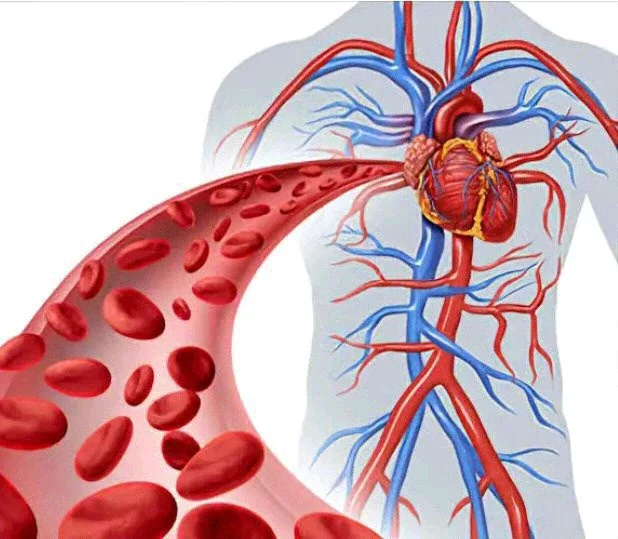
Consuming the head of a fish can offer various nutritional benefits, particularly for brain health. Fish heads are rich in omega-3 fatty acids, which play a crucial role in supporting cognitive function. These fatty acids, such as DHA (docosahexaenoic acid) and EPA (eicosapentaenoic acid), are essential components of cell membranes in the brain and contribute to its overall structure.
Additionally, fish heads contain significant amounts of nutrients like vitamins B6 and B12, which are known to support neurological function. Vitamin B12, in particular, is essential for the production of neurotransmitters and the maintenance of nerve cells.
Moreover, fish heads are a good source of minerals like zinc and iron, both of which play important roles in cognitive development and function. Zinc, for instance, is involved in synaptic function, while iron is crucial for oxygen transport in the blood, which indirectly supports brain health.
However, it's important to note that the potential benefits of consuming fish heads need to be balanced with considerations such as potential exposure to environmental toxins like mercury. Choosing fish species with lower mercury levels is advisable.
In conclusion, incorporating fish heads into your diet in moderation can contribute positively to brain health, thanks to their rich content of omega-3 fatty acids, vitamins, and minerals essential for cognitive function.

















Comments